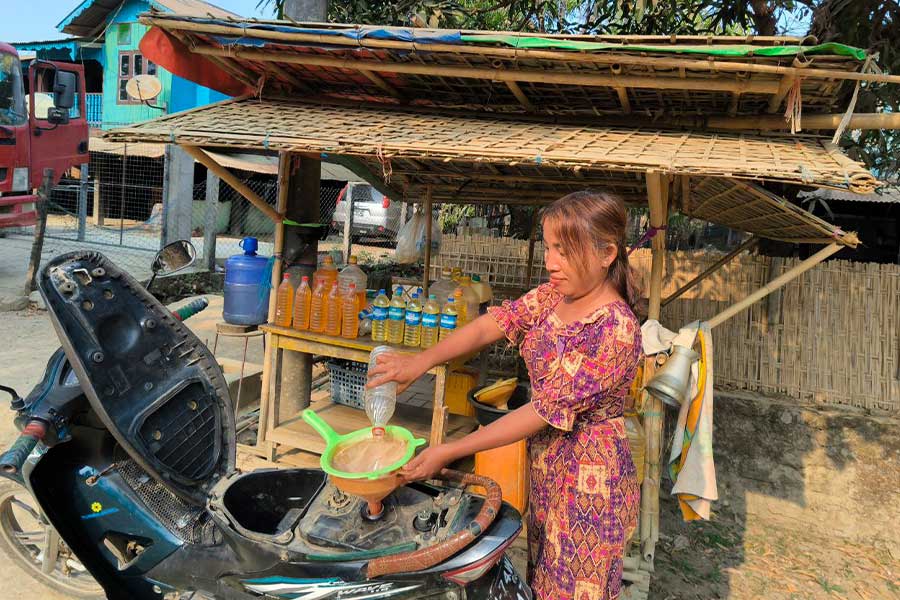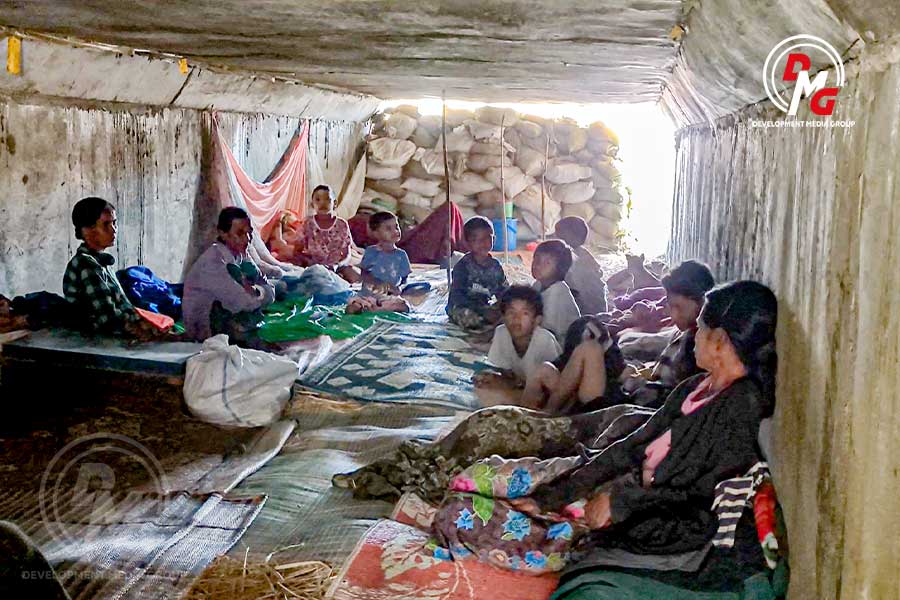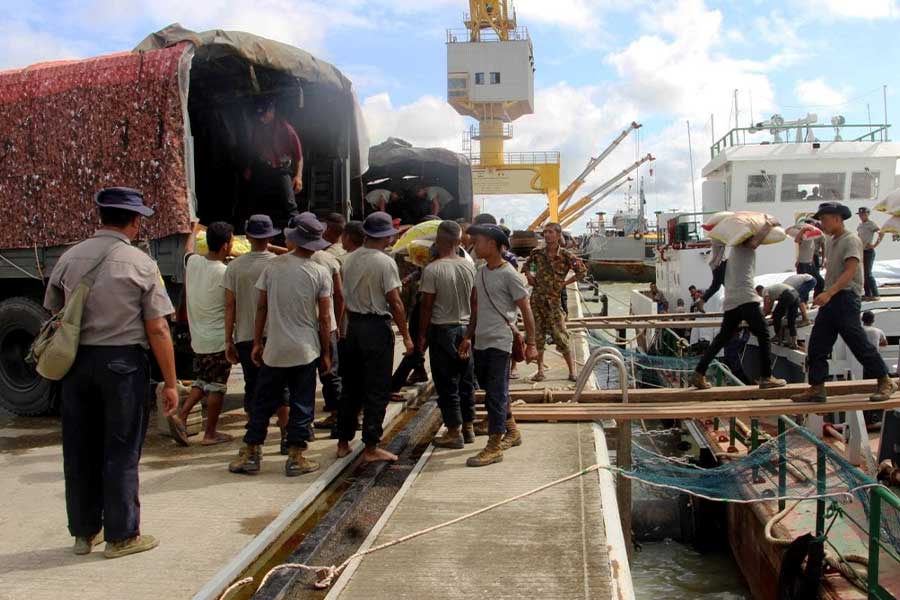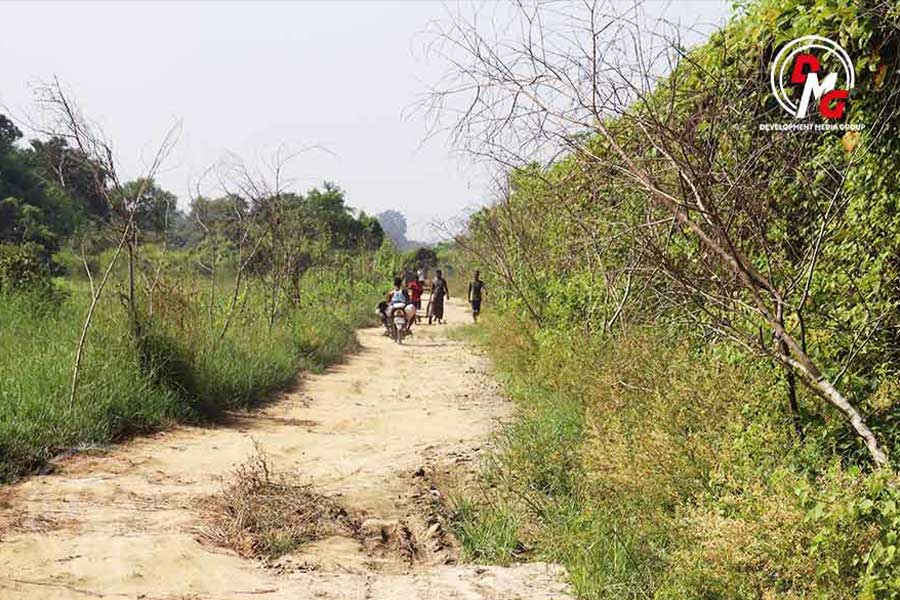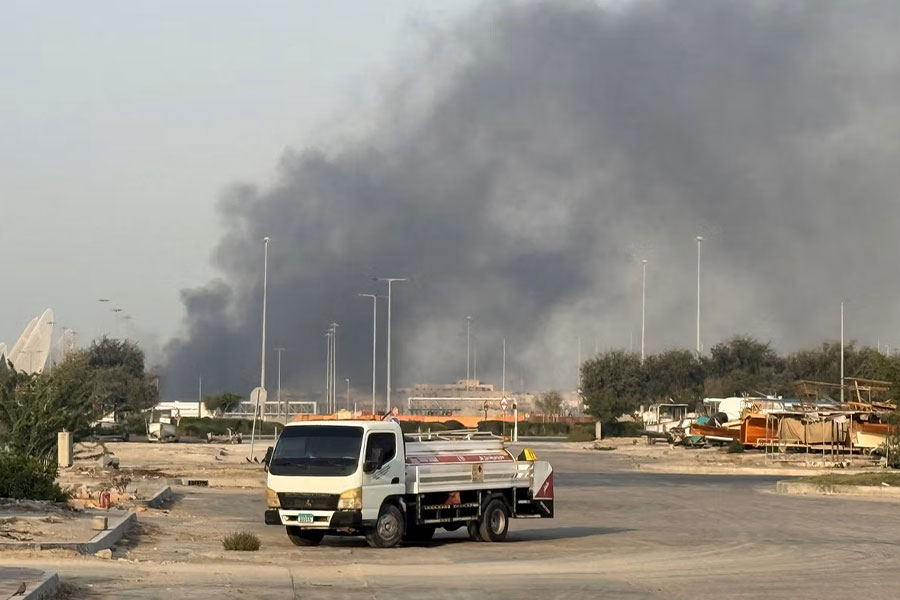- Iran crisis sparks fuel price hikes in AA-held areas
- Arakan residents gripped by fear as junta airstrikes intensify
- Junta personnel, police and families evacuate Sittwe for mainland Myanmar
- Muslim armed groups killed 162 civilians in two years in northern Arakan: HDCO report
- Arakanese migrants in Middle East on high alert amid escalating Iran conflict
AA says it will help beleaguered farmers grow paddy
The ethnic armed group is trying to supply paddy seeds, fuel, power tillers and other needed material assistance for farmers, AA spokesman U Khaing Thukha said.
10 Jun 2024
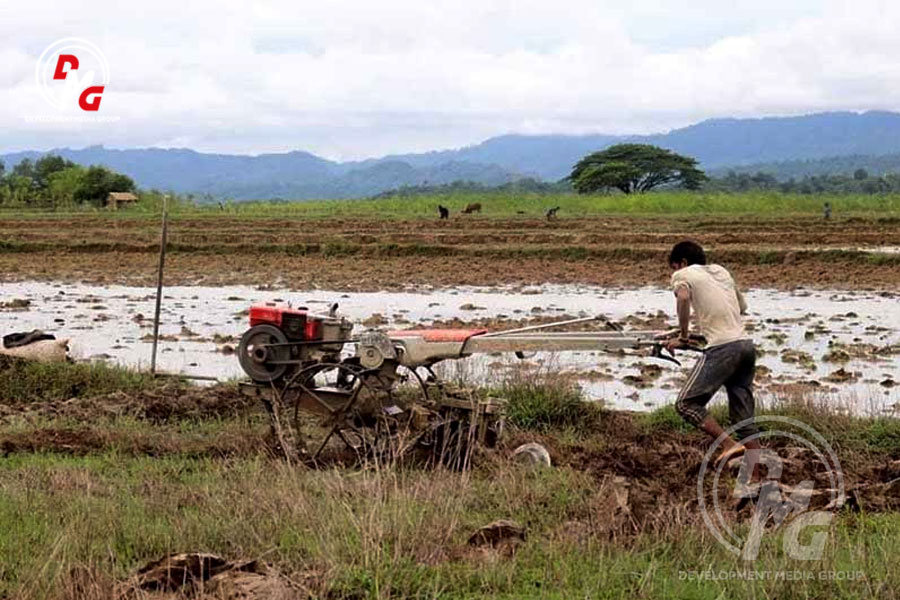
DMG Newsroom
10 June 2024, Sittwe
The Arakkha Army (AA) has said it will provide assistance for farmers in Arakan State to grow monsoon paddy amid challenging times for the region’s agriculture sector.
The ethnic armed group is trying to supply paddy seeds, fuel, power tillers and other needed material assistance for farmers, AA spokesman U Khaing Thukha said.
“Despite the challenges, we are trying to distribute [agricultural] inputs and fuel for farmers so that they can grow monsoon paddy in time,” he said.
The spokesman said the AA has drawn up plans to produce paddy seeds, livestock including fish and prawn, and cultivate crops for the socio-economic development of Arakan State’s people.
Food prices are soaring in the state, along with shortages of consumer goods as the regime has blockaded roads and waterways since renewed fighting with the AA broke out in November.
The price of fertiliser has increased from over 100,000 kyats last year to 300,000 kyats this year. A barrel of diesel has increased fourfold, from 500,000 kyats last year to 2 million kyats currently.
Farmer U Maung Phyu from Thayet Tapin Village said: “We will need at least a barrel of fuel to grow monsoon paddy. It costs around 2 million kyats, so we can’t afford it. We are waiting to see if the AA can get fuel from Maungdaw when it seizes the town. We are glad that the AA would provide help for farmers.”
Farmers estimate it will cost at least 1 million kyats to grow an acre of paddy this year.
Meanwhile, landmines planted by junta soldiers and unexploded ordnance near farms pose a challenge to farmers. Many are also afraid of junta air raids while working in the open fields.
Farmer U Moe Naing from Peinne Chaung Village in Kyauktaw Township said: “We have no choice but to take the risk as it is our only source of livelihood. There are unexploded shells on the farm. We are concerned that they will explode while we are working there.”
Agriculture is the backbone of Arakan State’s economy, with more than 70 percent of the rural population making a living as farmers.
There are over 1.2 million acres of arable farmland in Arakan State, though only some 900,000 acres were put under cultivation last year. Sown acreage is also expected to decline this year due to the various challenges facing farmers.




